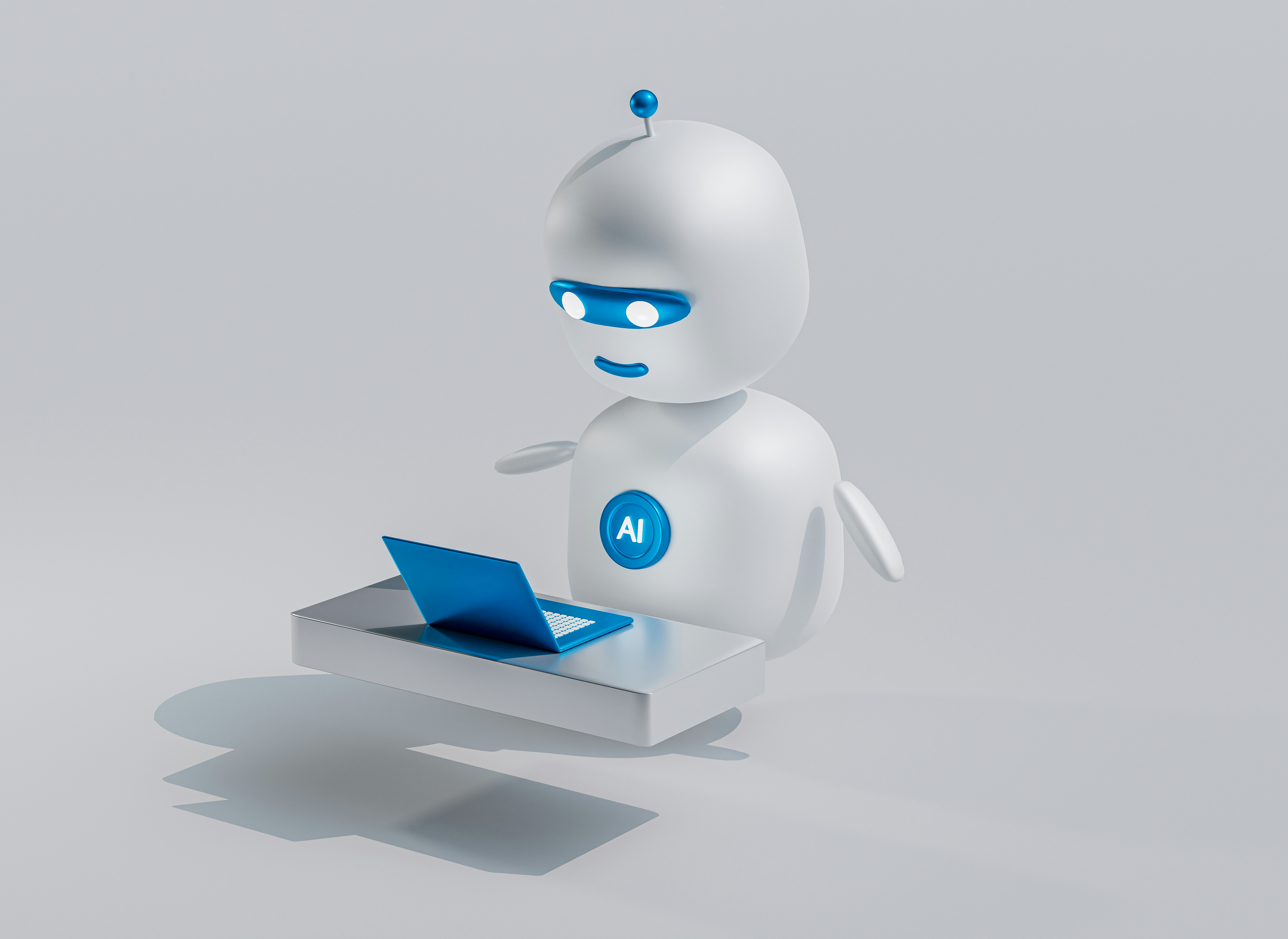Tailoring Education to Individual Needs
In today's rapidly evolving educational landscape, personalized learning has become a key focus. Artificial intelligence (AI) is at the forefront of this transformation, offering innovative solutions to tailor education to the unique needs of each student. By leveraging AI, educators can provide customized learning experiences that enhance student engagement, understanding, and overall academic success.
Adaptive Learning Technologies
AI-powered adaptive learning technologies are revolutionizing the way students learn by providing personalized educational experiences.
Real-Time Adaptation: AI systems can analyze a student's performance in real-time, adjusting the difficulty of tasks and the pace of instruction to match their learning needs. This ensures that each student is challenged appropriately, preventing both frustration and boredom.
Customized Content: Based on individual learning patterns, AI can recommend specific resources and activities that cater to a student's strengths and address their weaknesses. This targeted approach helps students grasp concepts more effectively and retain information longer.
Enhancing Student Engagement
Personalized learning through AI significantly boosts student engagement by making education more relevant and interactive.
Interactive Learning Environments: AI creates dynamic and interactive learning environments that captivate students' attention. From virtual labs to interactive simulations, these tools make learning more engaging and enjoyable.
Gamification: AI can incorporate gamification elements into the learning process, turning educational activities into fun and motivating games. This approach encourages active participation and keeps students motivated to learn.
Supporting Diverse Learning Styles
Every student learns differently, and AI helps accommodate these diverse learning styles by offering personalized instructional methods.
Visual, Auditory, and Kinesthetic Learning: AI can present information in various formats—visual aids, audio recordings, and hands-on activities—catering to visual, auditory, and kinesthetic learners. This flexibility ensures that all students have the opportunity to learn in ways that suit them best.
Pacing and Feedback: AI systems can adjust the pace of lessons to match individual learning speeds and provide immediate feedback. This timely feedback helps students understand their mistakes and learn from them, fostering a more effective learning experience.
Empowering Educators
AI not only benefits students but also empowers educators by providing valuable insights and reducing administrative burdens.
Data-Driven Insights: AI collects and analyzes data on student performance, offering educators detailed insights into each student's progress. This information allows teachers to make informed decisions about instructional strategies and interventions.
Automated Administrative Tasks: By automating routine tasks such as grading and attendance tracking, AI frees up teachers' time. This allows educators to focus more on personalized instruction and support for their students.
Overcoming Challenges
While the benefits of personalized learning through AI are substantial, there are challenges that need to be addressed to ensure its successful implementation.
Privacy and Security: Protecting student data is crucial. Schools must implement robust security measures to safeguard sensitive information and maintain trust.
Equity and Access: Ensuring that all students have access to AI-powered tools and resources is essential for promoting equity in education. Schools must work to bridge the digital divide and provide equal opportunities for all learners.
Teacher Training: Effective integration of AI requires ongoing professional development for educators. Teachers need to be trained in using AI tools and understanding their potential and limitations.
Conclusion: The Future of Personalized Learning
AI is set to revolutionize personalized learning by providing tailored educational experiences that cater to the unique needs of each student. As technology continues to advance, the possibilities for AI in education will only grow, offering new opportunities for enhancing student engagement, understanding, and success.
By addressing challenges and ensuring equitable access, schools can harness the power of AI to create a more personalized and effective educational environment. Embracing AI in education will not only improve learning experiences for students but also empower educators to provide the best possible support and guidance. The future of personalized learning through AI is bright, promising a more inclusive, engaging, and successful educational journey for all students.
Personalized Learning Through AI
Learn how AI facilitates tailored educational experiences for every student.
Leslie Alexander





